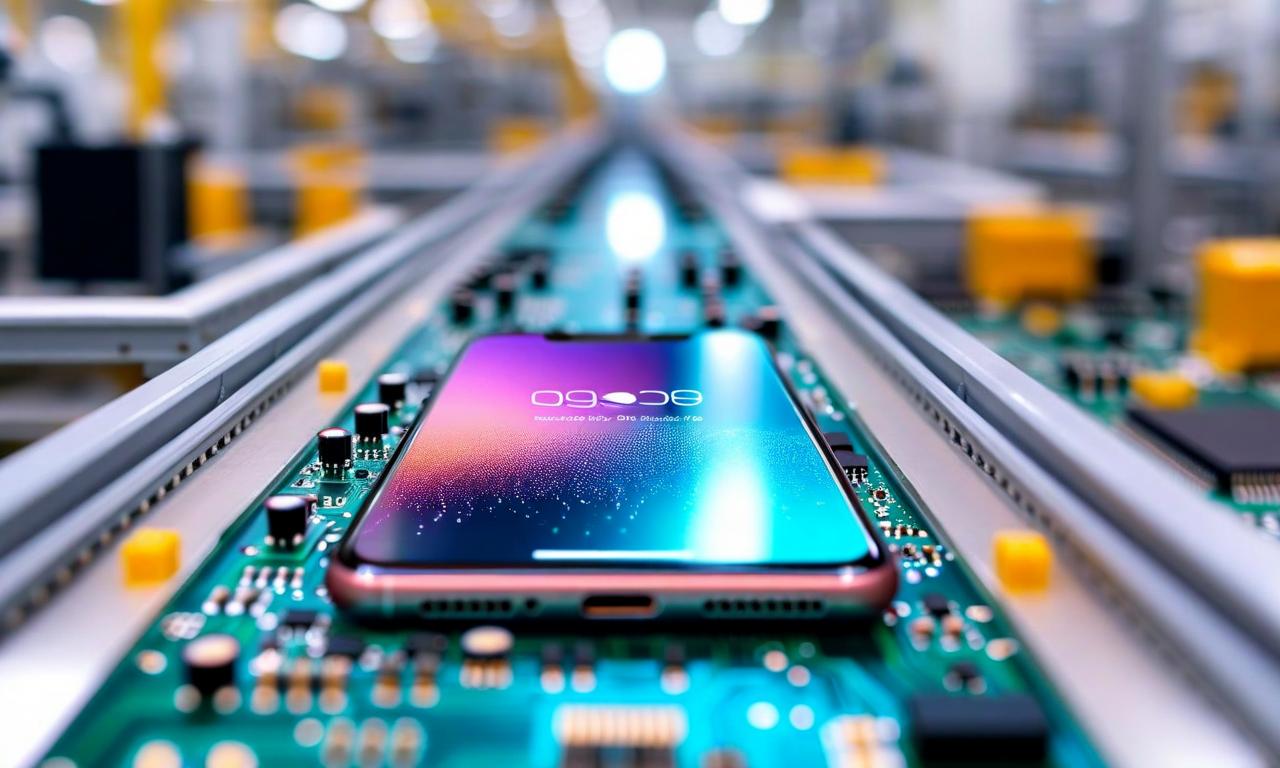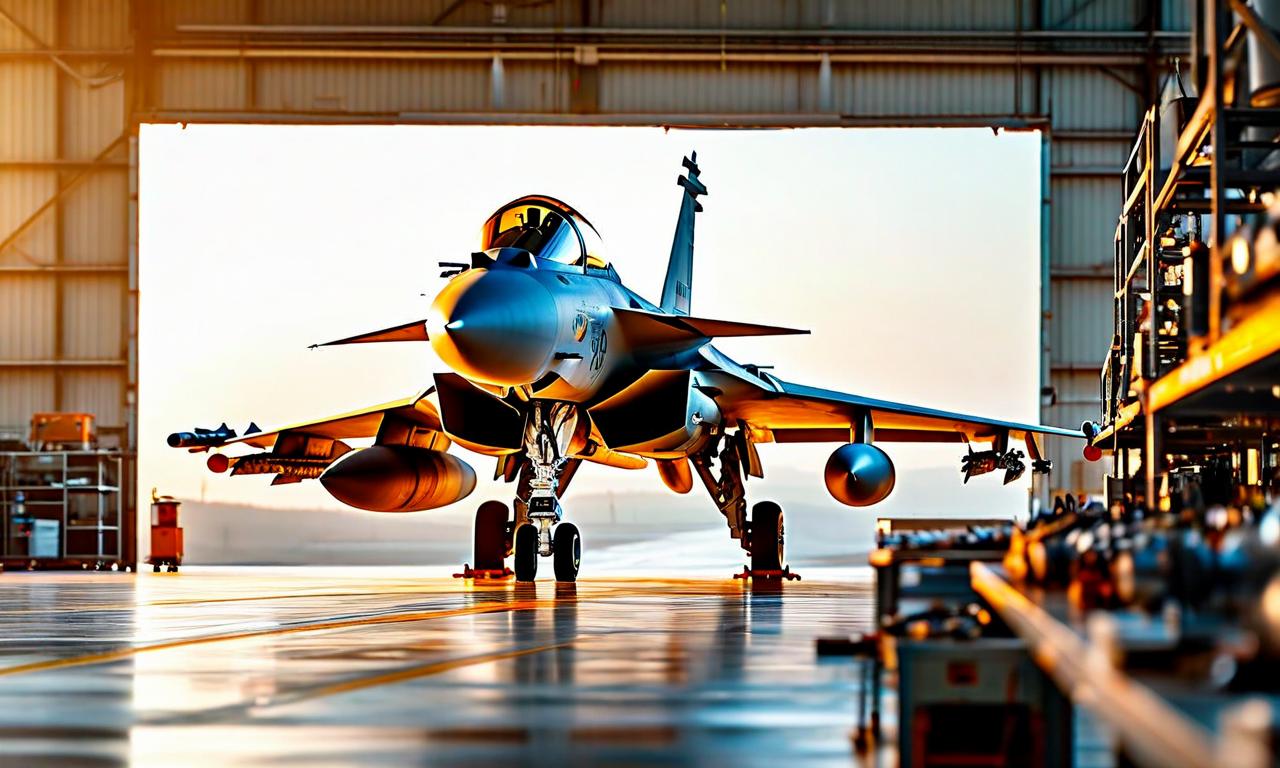Apple Unveils iPhone 17 Lineup, Absorbs $1 Billion Tariff Hit as Stock Dips 1.5%
Apple has launched its iPhone 17 series, featuring the new iPhone Air with an A19 Pro processor and in-house developed N1 Wi-Fi chip and C1X cellular modem. Despite facing $1 billion in tariff costs, Apple maintained its pricing strategy, with the base iPhone 17 (256GB) at $799 and iPhone 17 Pro at $1,099. The company's stock closed down 1.5% at $234.35, while supplier stocks like Broadcom and Qualcomm also declined. The new lineup, including the iPhone Air, aims to compete with Samsung's Galaxy S25 Edge in the premium smartphone market.

*this image is generated using AI for illustrative purposes only.
Apple Inc. has introduced its latest iPhone 17 series, showcasing technological advancements while maintaining its pricing strategy in the face of significant tariff costs. The tech giant's stock experienced a slight decline as investors weighed the potential impact on profit margins.
New iPhone Lineup and In-House Innovations
The new iPhone 17 lineup features the innovative iPhone Air, equipped with Apple's latest A19 Pro processor. In a move towards greater vertical integration, Apple has developed two new in-house components for the device:
- Custom N1 Wi-Fi chip
- C1X cellular modem
These developments mark a significant step in Apple's strategy to reduce reliance on external suppliers and gain more control over its hardware ecosystem.
Pricing Strategy Amid Tariff Pressures
Despite facing an estimated $1 billion tariff burden, Apple has chosen to maintain its pricing structure for the new iPhone models:
| Model | Storage | Price |
|---|---|---|
| iPhone 17 (base model) | 256GB | $799.00 |
| iPhone 17 Pro | - | $1,099.00 |
This pricing decision appears to be part of a broader strategy to maintain competitive positioning in key markets such as India and China.
Market Reaction and Supplier Impact
The market's response to Apple's announcement was mixed:
- Apple shares closed at $234.35, down 1.5%
- Supplier stocks also felt the ripple effect:
- Broadcom: fell 2.6%
- Qualcomm: dropped 1.0%
The decline in supplier stocks reflects Apple's ongoing shift away from legacy component providers as it brings more production in-house.
Competitive Landscape
The introduction of the iPhone Air positions Apple to compete directly with Samsung's Galaxy S25 Edge in the premium smartphone market.
Analyst Perspectives
Financial analysts have noted that Apple is leveraging its scale to absorb cost increases while keeping upgrades accessible to consumers. However, the market reaction suggests some investor wariness about the company's ability to sustain profitability in the face of rising input costs.
As the smartphone industry continues to evolve, Apple's strategy of balancing innovation, pricing, and profitability will be closely watched by investors and competitors alike.

























